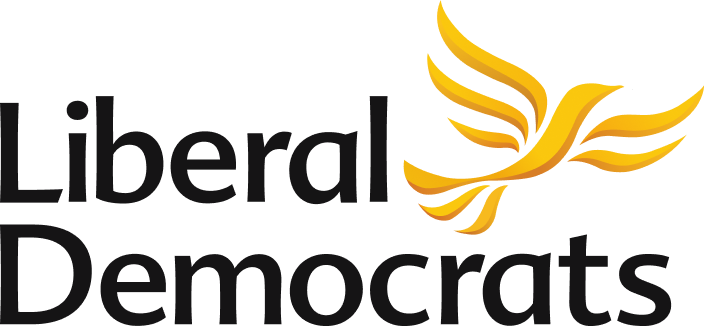Restoring hard-won British liberties
An array of sweeping reforms will put an end to unwarranted local authority snooping and unnecessary scrutiny of individuals.
Liberal Democrat leader and Deputy Prime Minister Nick Clegg today welcomed the publication of the Protection of Freedoms Bill. The Bill steps up the coalition government’s commitment to restore hard-won British liberties. An array of sweeping reforms will put an end to unwarranted local authority snooping and unnecessary scrutiny of individuals. It will see:
• an end to the routine monitoring of 9.3 million people under the radically reformed vetting and barring scheme
• millions of householders protected from town hall snoopers checking their bins or school catchment area
• the scrapping of Section 44 powers, which have been used to stop and search hundreds of thousands of innocent people
• the permanent reduction of the maximum period of pre-charge detention for terrorist suspects to 14 days
• DNA samples and fingerprints of hundreds of thousands of innocent people deleted from police databases
• thousands of gay men able to clear their name with the removal of out-of-date convictions for consensual acts
• thousands of motorists protected from rogue wheel clamping firms.
The Protection of Freedoms Bill follows the review of counter-terrorism and security powers and the scrapping of ID cards as the coalition government delivers on its agreement to put traditional British freedoms at the heart of the Whitehall agenda.
It also drew on views put forward by the public through the radical Your Freedom website set up after the coalition government came to power.
Nick Clegg said: ‘This is a landmark Bill which will result in an unprecedented rolling back of the power of the state. The Protection of Freedoms Bill brings together a huge range of measures to restore the hard-won British liberties that have been lost in recent years.
‘Freedom is back in fashion – 2011 will be the year that the coalition government hands people their liberty back. I have campaigned for this for many years and I am delighted that we have been able to deliver the Freedoms Bill in government.’
Other elements of the Protection of Freedoms Bill include:
• an end to the fingerprinting of children in schools without parental consent
• the introduction of a code of practice for CCTV and Automatic Number Plate Recognition systems (overseen by a new Surveillance Camera Commissioner) to make them more proportionate and effective
• restrictions on the powers of government departments, local authorities and other public bodies to enter private homes and other premises for investigations and a requirement for all to examine and slim down remaining powers
• the repeal of powers to hold serious and complex fraud trials without a jury
• the liberalisation of marriage laws to allow people to marry outside the hours of 8am-6pm
• the extension of the scope of the Freedom of Information Act and strengthening the public rights to data
Alongside the Bill, draft emergency legislation on pre-charge detention of terrorist suspects was also laid. The draft, which is in line with the commitment given in the review of counter-terrorism and security powers, will allow for parliamentary scrutiny should pre-charge detention need to be increased in an emergency.
The Protection of Freedoms Bill is being introduced with the aim of gaining Royal Assent by late 2011 or early 2012.
